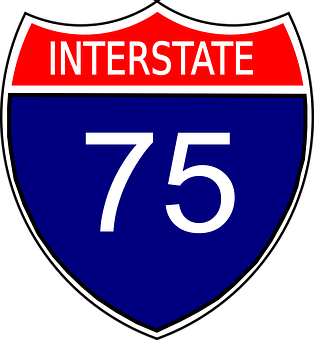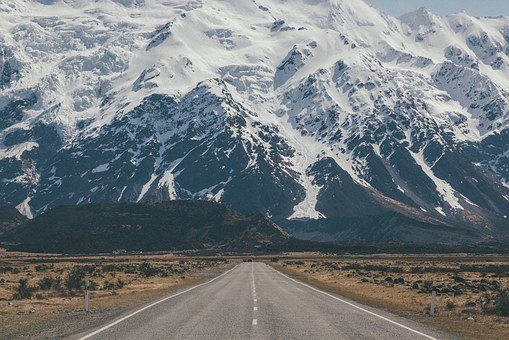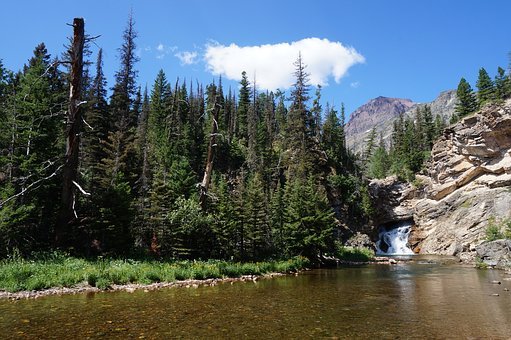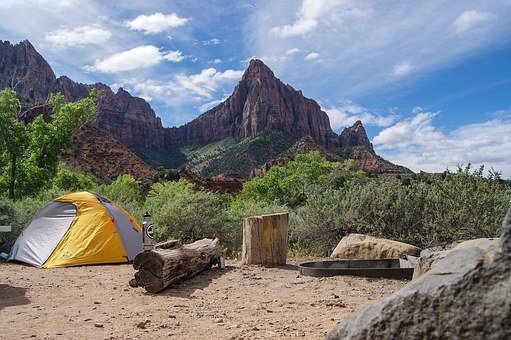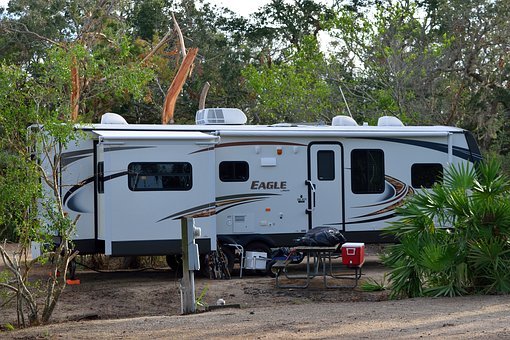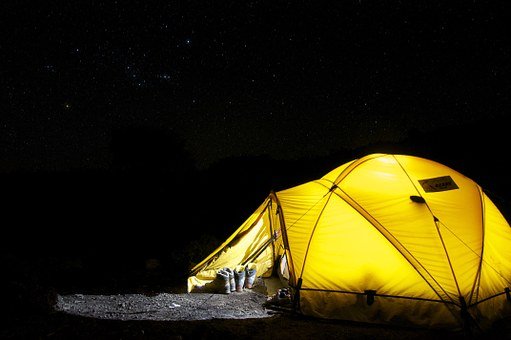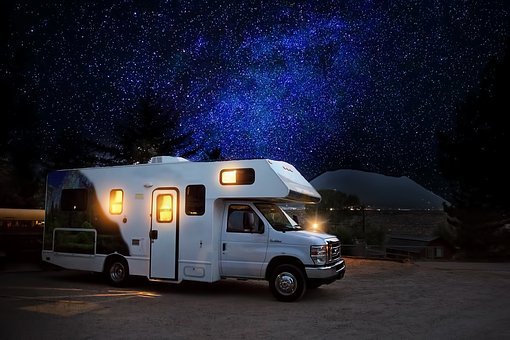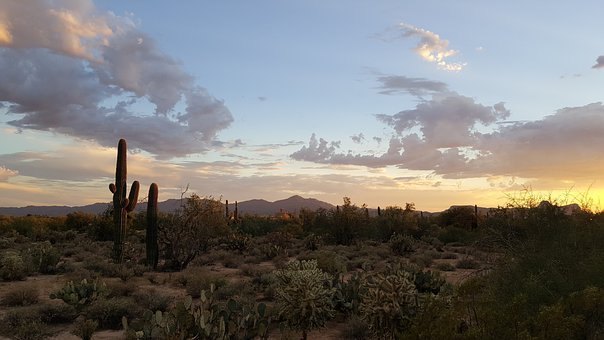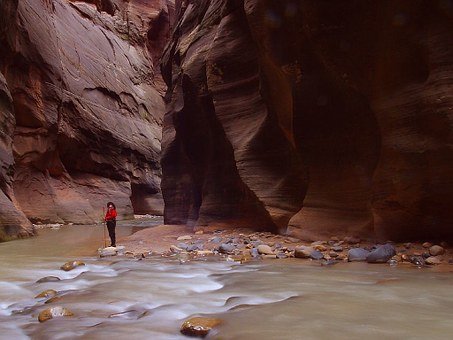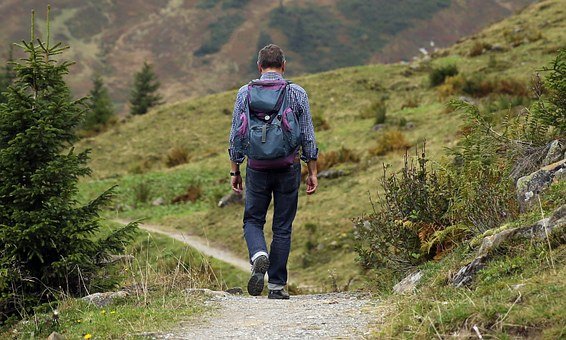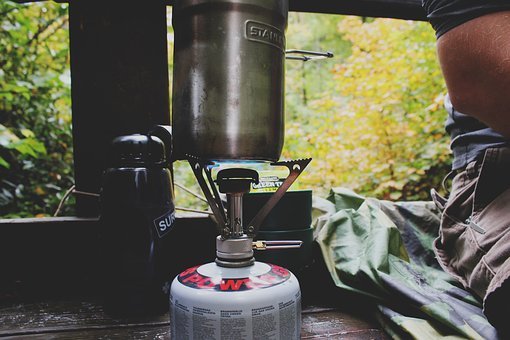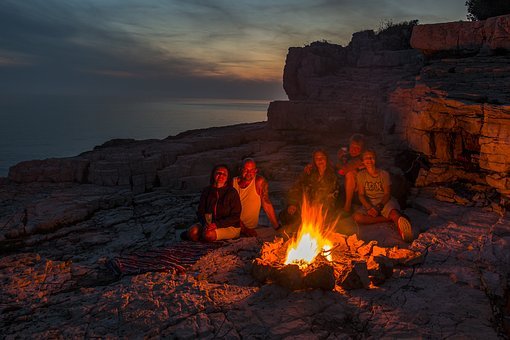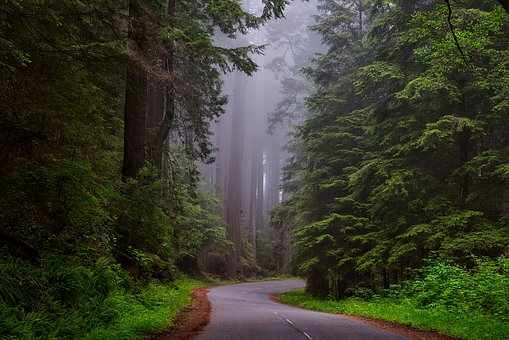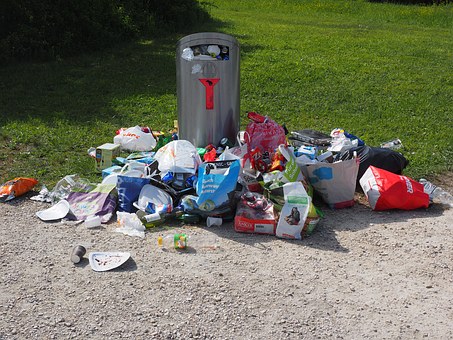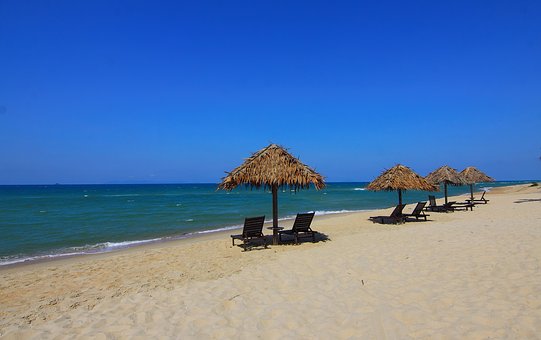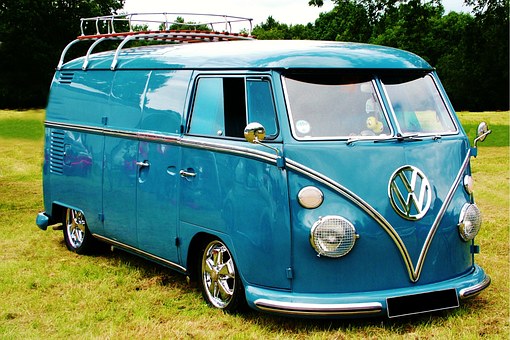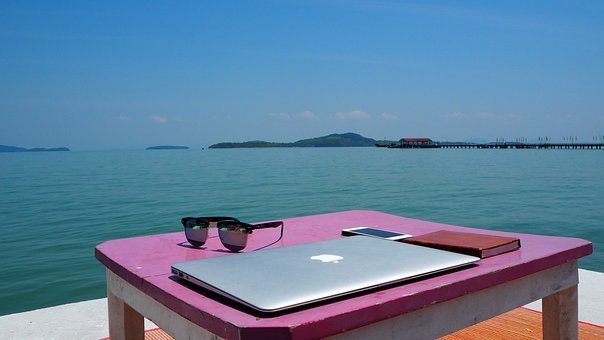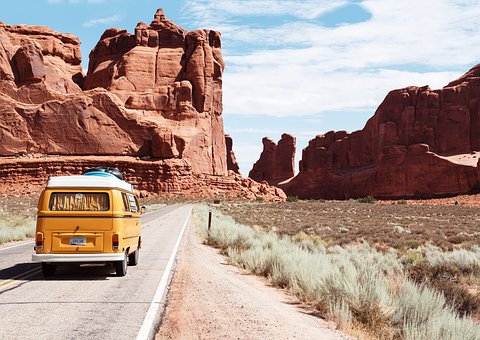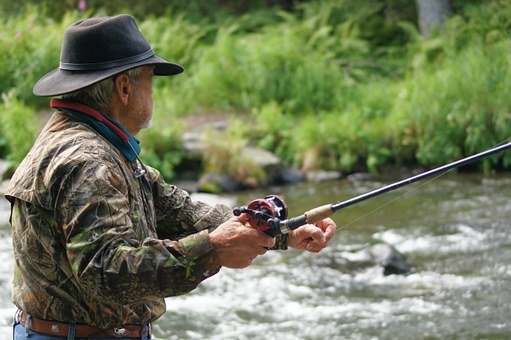This article is not about Ecuador, but how my yen for travel turned into RV travel throughout the USA. If you would like to read about my travels to Ecuador, you can find all my articles on my blog about my travels to and within Ecuador on my blog at: www.wanderingwithbill.com. Once there, go to the archives on the right side of the page.

Over the past several years and after several trips to Ecuador, I decided to buy an RV and begin traveling. Within a few weeks, I learned an expensive lesson. Since I travel alone, I learned after a couple of lengthy trips that driving a huge RV around the country was just not to my liking. Oh, sure, it had all the amenities I would ever want and it was very comfortable, but, it was just too big for one person – for me anyway. It could be somewhat difficult to drive in windy conditions, in traffic congested cities and parking was difficult to find, especially if I wanted to visit a museum or some other attraction in a congested area.
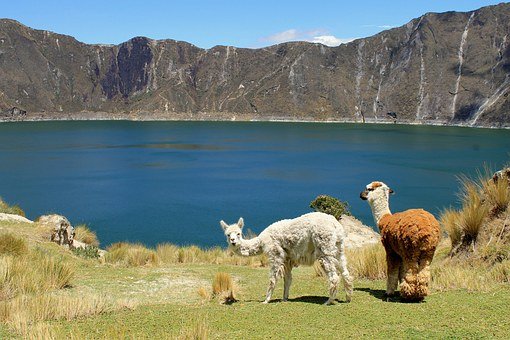
Llamas in Ecuador
I had been reading about and watching some YouTube videos about Class B motorhomes which are basically small RV’s built on van chassis. I found that a Class B would probably fit my needs, but again, I didn’t need all the bells and whistles that came with them. I also discovered that Class B RV’s are very expensive, more so than some of the larger Class A’s and Class C’s. I’m told that is due to the way they are built; smaller is more expensive. I researched further and found that the bulk of van dwellers buy cargo vans and build them out the way they want them. That way, they seem to be better built.
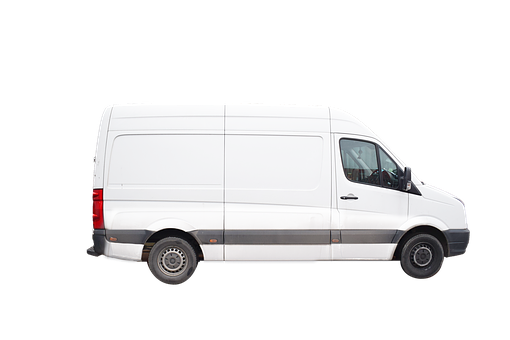
I sold my big RV and purchased a cargo van and found a company to build it out to my specifications. That smaller vehicle forced me into becoming a minimalist. I started getting rid of things I would no longer need as I planned to spend most of my time on the road. I recently returned from my first trip in my new van and I can say, I absolutely love it and I love the minimalist way of life. I spent a good amount of time dry camping (boon docking) in the Colorado Rockies and the mountains and desert of northern New Mexico. Two creature comforts I did want in this van is a refrigerator and a fan. So, I got myself some solar panels, a charge controller and a deep cycle battery. My refrigerator works on both DC and AC. When driving, I can keep my “house battery” charged with my van battery. When parked in the mountains, desert or anyplace without shore power, I have my solar panels keeping my house battery charged and my house battery keeps my refrigerator running 24/7. I can also use my house battery to run my FanTastic Fan and keep my laptop, cell phone and camera equipment charged. I have puck lights installed for any lighting I need while off-grid and they will provide all the light I need and they are powered by triple A batteries which will last for weeks.
All in all, after my first trip, I’m a happy camper (pun intended).
I had to cut this trip short due to upcoming cataract surgery, otherwise, I would still be out there enjoying life. Once the surgery is behind me, I plan on heading back out toward the end of the year. This trip will take me to the Sonoran Desert in southwest Arizona.
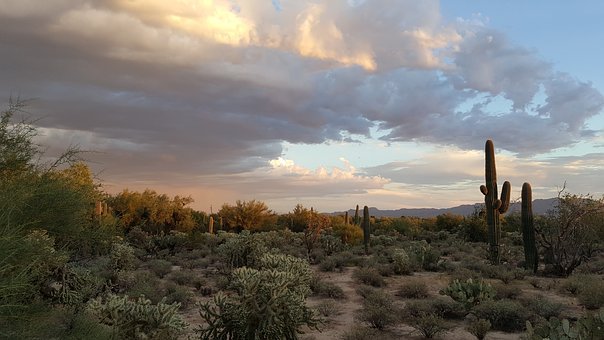
There are thousands of acres of BLM (Bureau of Land Management) Land in Arizona and we can camp on it free. The only restriction is that you can only camp in one place for 14 days, then you must move to another location at least 25 miles distant for another 14 days and that just continues. I guess one could live on BLM Land free forever by just moving 25 miles every 14 days. I was in the Sonoran Desert last January and February and met a lot of folks such as myself; that is living in vans, RV’s, etc. That’s where I first saw van dwellers for the first time. They all seemed very happy and I began thinking then of selling my large RV and buying a van. Vans just give us so much more freedom. I can park where a car can park, even in underground parking areas, so I’m no longer restricted from visiting a museum or other attractions in a city. My van is very stealthy which affords me the opportunity to park on a city street and sleep if I desire, because I fit in unnoticed. And, the greatest benefit is a savings in the cost of fuel. My big RV was getting something like 9 miles per gallon. I now get about 26-28 miles per gallon on the road. I can also use my van as an everyday vehicle if I want, where that was not possible with the larger RV.
This article will be continued.
Until next time,

